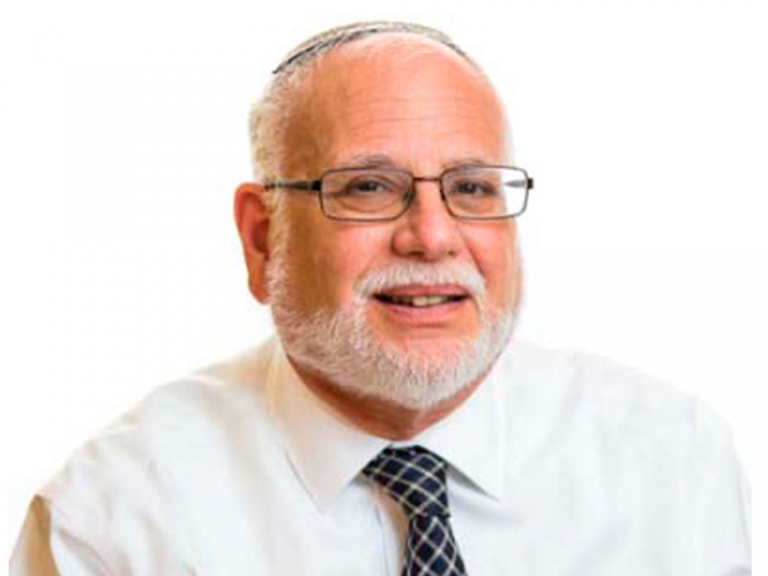D'var Torah by Dr. Kalman Stein, Head of School

Dear Hebrew Academy Community:
I am sure that most of you feel just as I have been feeling for the last week: It is so difficult to think about just about anything other than our family—literally and figuratively—in Israel or to do anything other than pray that at the very least the situation does not become worse than it already is. But life (and school) does go on, so, I offer you a message about this week’s Parasha written as if this were just any other Shabbat Parashat Noach.
The entire story of Migdal Bavel—the Tower of Babel—occupies just nine puzzling Pesukim in Parashat Noach. The Torah makes it quite clear that God was displeased with the construction of the Tower and with the generation which had built it but does not explain what exactly it was that angered Hashem.
Many commentators have zeroed in on the political/social motivation of the builders of Migdal Bavel. Rabbi Joseph B. Soloveitchik noted that the generation of the tower builders, “wanted to possess and own the individual – or rather to deprive the individual of his soul, to depersonalize him and convert him into a machine, into an object [and] to … introduce uniformity. It does not believe that each individual has his own approach to life and his own unique talents.” They so depersonalized the individual, the Midrash tells us, that they were untroubled when a construction worker fell to his death but cried bitterly when a brick, the product of their new technology, fell and was shattered.
R. Naftali Tzvi Yehudah Berlin (The Netziv, 1816-1893) observes that although the opening Pasuk tells us that the builders all had “the same words,” it never tells us what those words actually were. “God was not distressed by what they said, but by the fact that their words [and by implication, their thoughts] were all the same.” Soon, the Netziv relates, they refused to allow anyone to leave the city because “they feared that since not all human thoughts are alike, if some would leave they might adopt different thoughts.” The Migdal would serve as a watchtower from which to monitor the residents and keep them in line and to create a society in which there is no room for individual tastes, thoughts, and aspirations, or for individual projects and creativity. And this is what angered God: Each of us is created in the image of God; to try to eradicate human uniqueness is to declare war on God’s image and thus to declare war on God.
The antithesis of collectivist totalitarianism is Avraham, Avinu who is introduced to us at the end of this week’s Parasha and more definitively in the beginning of Parashat Lech Lecha. Rabbi Shimshon Raphael Hirsch notes that “Lech Lecha,” the first words we hear God utter to Avraham, is not simply a command to move from one place to another but rather an instruction to Avraham to break away from the norms of the monolithic society in which he had been raised and to “Go your own way.”
Rabbi Hirsch notes that although it might have made chronologic and geographic sense to tell Avraham to leave his home, then his city and then his country, the Pasuk reverses the order and begins by first instructing Avraham to leave his country. It was most important, explained Rabbi Hirsch, for Avraham to get away from a centralized collectivist society which negated individualism and the value of the individual human being. Judaism begins with “Go for yourself.” Each of us is responsible to God for him/herself. The starting point for Avraham and for the nation he fathered was the readiness to stand alone, to be a minority, to act righteously regardless of the values of the surrounding society.
The precise challenge of Lech Lecha varies somewhat in time and place. In Rabbi Hirsch’s time it was the challenge of standing up against the Reform movement then sweeping through Germany. For us in the Modern Orthodox community the challenge is to be at the very same time both part of and apart from the world in which we live. Our Lech Lecha calls upon us to steadfastly adhere to Torah values while sharing fully in the best of modern culture; to contribute substantively to the society in which we live but not to be slavishly accept its ethically and morally least desirable manifestations.
Shabbat Shalom,
Dr. Kalman Stein
Head of School

